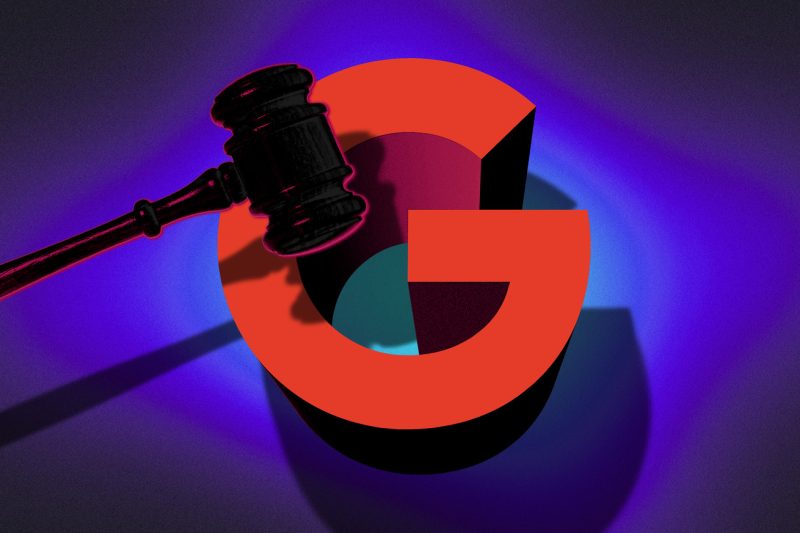Yelp Sues Google for Antitrust Violations: An Examination of the Online Review Ecosystem
The recent lawsuit filed by Yelp against Google for alleged antitrust violations has brought to light the ongoing battle in the online review ecosystem. Yelp, a popular platform for crowd-sourced reviews, has accused Google of favoring its own content over competitors in local search results, ultimately monopolizing the market and stifling competition. This legal dispute raises important questions about the fairness of online review platforms and the potential impact on consumers and businesses alike.
At the heart of the issue is Google’s dominance in the search engine market, with over 90% market share globally. This powerful position gives Google significant influence over which websites and content users see when searching for information online. Yelp argues that Google’s preferential treatment of its own content, such as Google Reviews and Google My Business listings, unfairly disadvantages competing platforms like Yelp by pushing them down in search results.
This alleged antitrust violation has significant implications for both consumers and businesses. Consumers rely on online reviews to make informed decisions about where to eat, shop, or visit, and the accuracy and diversity of these reviews are crucial for a vibrant marketplace. If Google’s practices are found to be anti-competitive, it could limit consumer choice and lead to a homogenization of online reviews, potentially reducing the quality and reliability of information available to users.
For businesses, the outcome of this lawsuit could have a profound impact on their online visibility and reputation. Google is a primary source of traffic for many businesses, and being buried in search results could result in lost customers and revenue. Small businesses, in particular, may struggle to compete with larger competitors if Google continues to prioritize its own content over external reviews from platforms like Yelp.
The legal battle between Yelp and Google also raises broader questions about the regulation of the tech industry and the power that giant corporations wield over the digital landscape. As online platforms become increasingly influential in shaping consumer behavior and market dynamics, there is a growing need for oversight to ensure fair competition and protect the interests of consumers and businesses.
In conclusion, the lawsuit filed by Yelp against Google for antitrust violations underscores the complexities and challenges of the online review ecosystem. The outcome of this legal dispute will have far-reaching implications for online platforms, businesses, and consumers, highlighting the need for transparency, accountability, and fair competition in the digital age. Ultimately, a diverse and competitive online review ecosystem is essential for fostering innovation, empowering consumers, and supporting thriving businesses in the digital marketplace.
